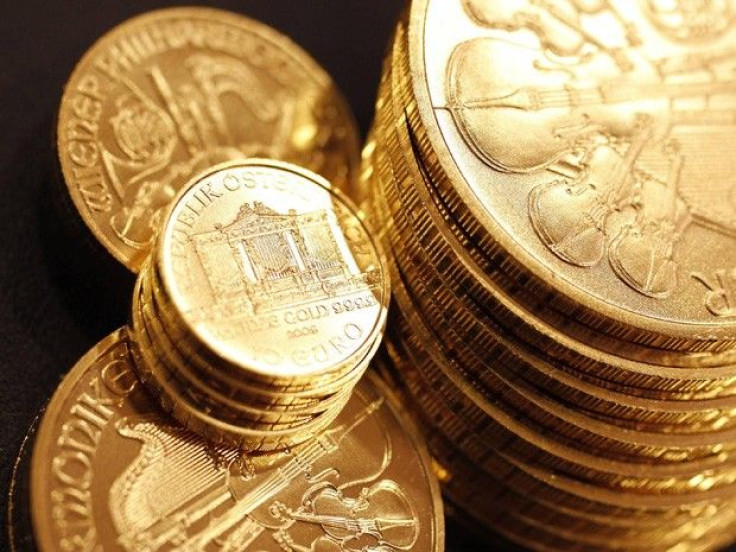Israeli Teens Unearth Treasure Trove Of Gold Coins Dating Back 1,100 Years
Two Israeli teenagers have unearthed a clay pot stuffed with over 400 gold coins whose origin dates back to 1,100 years.
The teenagers, both 18, were volunteering during their summer breaks at an archaeological dig near the city of Yavne last week when the “extremely rare” discovery was made. The earthen pot, which was undisturbed until discovered, contained as many as 425 complete gold coins, Israel Antiquities Authority (IAA) said in a statement Monday.
The coins, made out of pure 24-karat gold and each weighing less than two pounds, belonged to the end of the 9th century when the region was under the control of Islamic Abbasid Caliphate, a dynasty that ruled most of the East and North Africa, according to the IAA.
The stash was well worth a luxurious house in “one of the best neighborhoods in Fustat, the enormous wealthy capital of Egypt in those days,” Robert Cole, a coin expert with the IAA, said in the statement.
Experts dubbed the discovery “extremely rare,” considering gold was often melted and reused by later civilizations. The coins were found in “excellent condition, as if buried the day before,” according to IAA archaeologists Liat Nadav-Ziv and Elie Haddad.
They said whoever buried the coins expected to retrieve it and even sealed it off with a nail so that it doesn’t move. “We can only guess what prevented him from returning to collect this treasure.”
"It was amazing," said Oz Cohen, one of the teens who made the discovery. "I dug in the ground and, when I excavated the soil, saw what looked like very thin leaves. When I looked again, I saw these were gold coins. It was really exciting to find such a special and ancient treasure," he said. The other teenager who discovered the coins was Yuval Yaniv.

© Copyright IBTimes 2024. All rights reserved.












